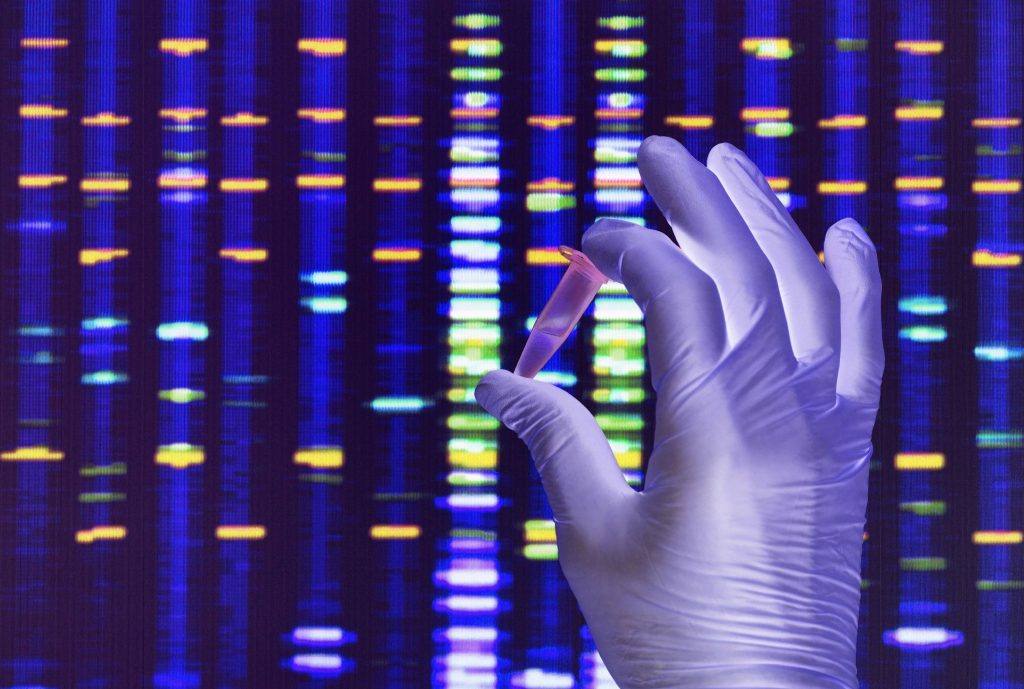-
Mayo Clinic researchers study rare genetic condition to tackle colorectal cancer

ROCHESTER, Minn. — Researchers from the Mayo Clinic Comprehensive Cancer Center and the Mayo Clinic Center for Individualized Medicine are studying a rare genetic condition called Familial Adenomatous Polyposis (FAP) looking for potential ways to prevent colorectal cancer in the general population at an earlier more treatable stage. The researchers’ findings are published in GUT.
“Colorectal cancer is the third most common cancer in the U.S. and a precursor for this cancer is the development of polyps in the colon,” says Niloy Jewel Samadder, M.D., a gastroenterologist at Mayo Clinic in Arizona. He says FAP is a rare genetic condition that begins with the development of hundreds of colorectal polyps which may eventually become cancerous.
“The biological pathway that leads to the development of polyps and colon cancer in patients with FAP is the same biological pathway as patients in the general population,” says Dr. Samadder. “Our trial looked at opportunities to use chemoprevention agents in patients with FAP to inhibit the development of precancerous polyps in the small bowel and colorectum.”
Researchers found that using the drug erlotinib, which blocks a specific cancer pathway called EFGR, led to a 30 percent reduction in the number of polyps formed in the bowel of patients with FAP. “We are now studying whether these findings can be expanded to the broader patient population that has either genetic or other risk factors that increase their chances of developing small bowel or colorectal cancer,” says Dr. Samadder.
###
About Mayo Clinic Cancer Center
Designated as a comprehensive cancer center by the National Cancer Institute, Mayo Clinic Cancer Center is defining new boundaries in possibility, focusing on patient-centered care, developing novel treatments, training future generations of cancer experts, and bringing cancer research to communities. At Mayo Clinic Cancer Center, a culture of innovation and collaboration is driving research breakthroughs that are changing approaches to cancer prevention, screening and treatment, and improving the lives of cancer survivors.
About Mayo Clinic
Mayo Clinic is a nonprofit organization committed to innovation in clinical practice, education and research, and providing compassion, expertise and answers to everyone who needs healing. Visit the Mayo Clinic News Network for additional Mayo Clinic news.
Media contacts:
- Joe Dangor, Mayo Clinic Communications, newsbureau@mayo.edu
- Susan Murphy, Mayo Clinic Communications, newsbureau@mayo.edu







